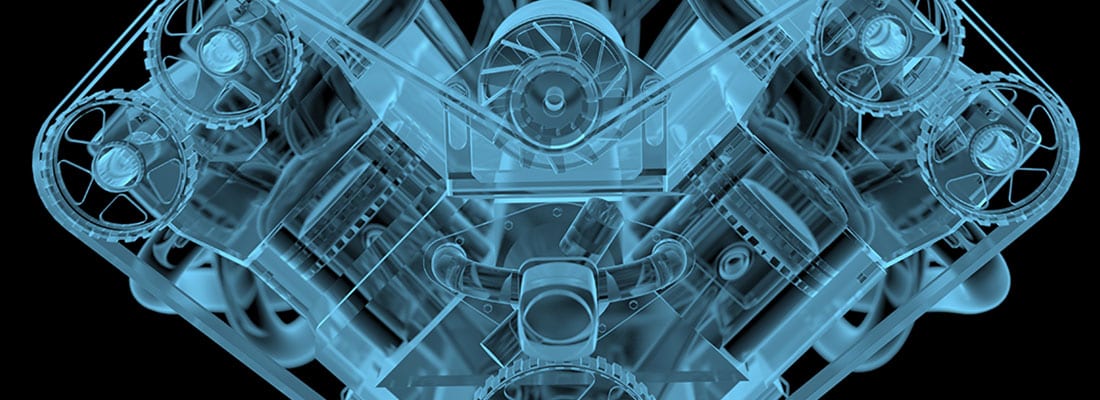Why Is Fuel Testing Important?
Cleanliness Standards
Today’s diesel engine fuel systems are designed with tighter clearances and operate under higher pressures than those of the past. Fuel cleanliness is critical in keeping your fuel system operating efficiently and preventing premature wear of vital components.
But, That’s Not All…
The cleanliness of the fuel is not the only thing that should be considered. The correct fuel test package can help identify the root cause of many issues, including:
- Engine performance concerns
- Fuel filter plugging
- Excessive engine smoking
- Lubricity concerns
- Fuel quality concerns for both winter and summer operations
- Bio fuel concerns
- Growth of bacteria, fungi & mold
- Sulphur content validation
At a minimum, routine fuel testing should consist of:
- Fuel cleanliness
- Fuel quality
- Fuel contamination
When To Test Your Fuel
The recommended interval for fuel testing is dependent on the industry and the volume of fuel consumed. For industries with large consumptions, with resupply of fuel on a daily basis (tanker loads), you might consider checking fuel cleanliness on each delivery. For others, a fuel quality and contamination check may only be needed twice per year, at the start of the winter months when switching to winter grade fuels, and then again when switching back to the summer blend.
Based on the results of these tests, or if you suspect fuel-related issues, advanced fuel testing should be considered.
At POLARIS Laboratories®, we offer a wide range of fuel test packages. Please feel free to contact us and we will gladly assist you in customizing a fuel test package to meet your needs.

Proven Impact. Proven Uptime. Proven Savings.
Let us prove it to you.




